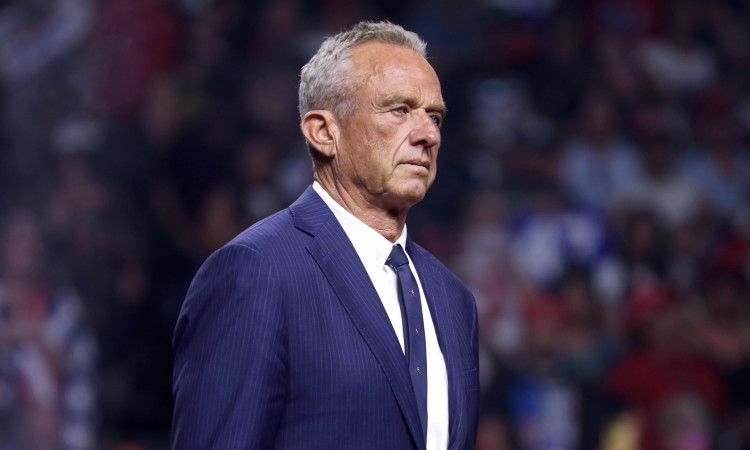Health and Human Services Secretary Robert F. Kennedy Jr. abruptly ended federal COVID-19 vaccine recommendations for healthy children and pregnant women on Tuesday, a move that blindsided the Centers for Disease Control and Prevention and triggered immediate backlash from public health experts and medical organizations. The announcement, delivered in a 58-second video posted to X, sidestepped the CDC's advisory process and contradicted long-standing vaccine policy.
The change suspends guidance that all individuals aged six months and older receive updated COVID-19 shots, a recommendation still posted on the CDC's official website as of Wednesday afternoon. "We have lost our village," Blatten Mayor Matthias Bellwald stated at a news conference. "The village is under rubble. We will rebuild."
Kennedy was joined in the video by FDA Commissioner Marty Makary and NIH official Jay Bhattacharya, though neither explained the rationale for removing vaccine guidance for pregnant women-a group explicitly listed by the FDA last week as high risk in a New England Journal of Medicine article. Absent from the video was any CDC representation, amid ongoing uncertainty over who currently holds authority at the agency.
A directive signed by Kennedy, dated May 19, was sent to the CDC hours after the video was published, instructing the agency to remove COVID-19 vaccines from its immunization schedules for children and pregnant women. Federal officials said the agency was not informed in advance. "The CDC is directed to remove COVID-19 vaccines from the recommended Child and Adolescent Immunization Schedule by Age and recommended vaccines during pregnancy," the letter stated.
Paul Offit, director of the Vaccine Education Center at Children's Hospital of Philadelphia, warned the move would reduce access. "They've made it much less insurable, and therefore this could make it much less available for people," Offit said. "It's a continued war against vaccines by our secretary of health and human services."
The announcement undermined the Advisory Committee on Immunization Practices (ACIP), which has not yet voted on updated COVID guidance and was expected to convene in June. In its last meeting in April, members debated whether to limit shots to high-risk groups or continue broader recommendations but did not vote.
Kennedy's action comes despite CDC data showing that pregnant women remain at elevated risk. According to the agency, COVID vaccination during pregnancy reduced hospitalization risk for infants by 54% in the first three months of life. The American College of Obstetricians and Gynecologists said it was "extremely disappointed" and warned the move ignores scientific evidence. "Despite the change in recommendations from HHS, the science has not changed," said ACOG President Steven Fleischman.
The Infectious Diseases Society of America echoed those concerns, stating the decision "does the opposite of what Americans have been asking for when it comes to their health-it takes away choices and will negatively impact them."
Medical professionals also warned of insurance implications. Without CDC backing, COVID shots may no longer be covered under the Affordable Care Act, leaving patients with out-of-pocket costs. Medicaid and other federal programs may also pull coverage.
In Mississippi, pharmacists like Dr. Andrew Clark said they had received no updated guidance. "As of right now, if you go to the website, the recommendation for healthy children and healthy women is still there," Clark said.
HHS spokesperson Andrew Nixon defended the directive, saying Kennedy was "taking urgent action to ensure the public's safety." Critics argue the action reflects Kennedy's long-standing anti-vaccine stance. "If the secretary is equating removing vaccine access as a step forward for health, we're in really big trouble," said Richard Besser, former CDC acting director.
The vaccine directive also left unclear whether future doses for low-risk groups will be eligible for expedited approval. New FDA guidelines suggest updated COVID vaccines for healthy children and adults must now go through full placebo-controlled trials, while older adults and high-risk individuals remain eligible under streamlined approval.
"The changes ongoing at high mountains are certainly not leading to more stable configurations," said glaciologist Mylène Jacquemart-echoing concerns voiced by experts now watching U.S. vaccine policy shift under political pressure.






